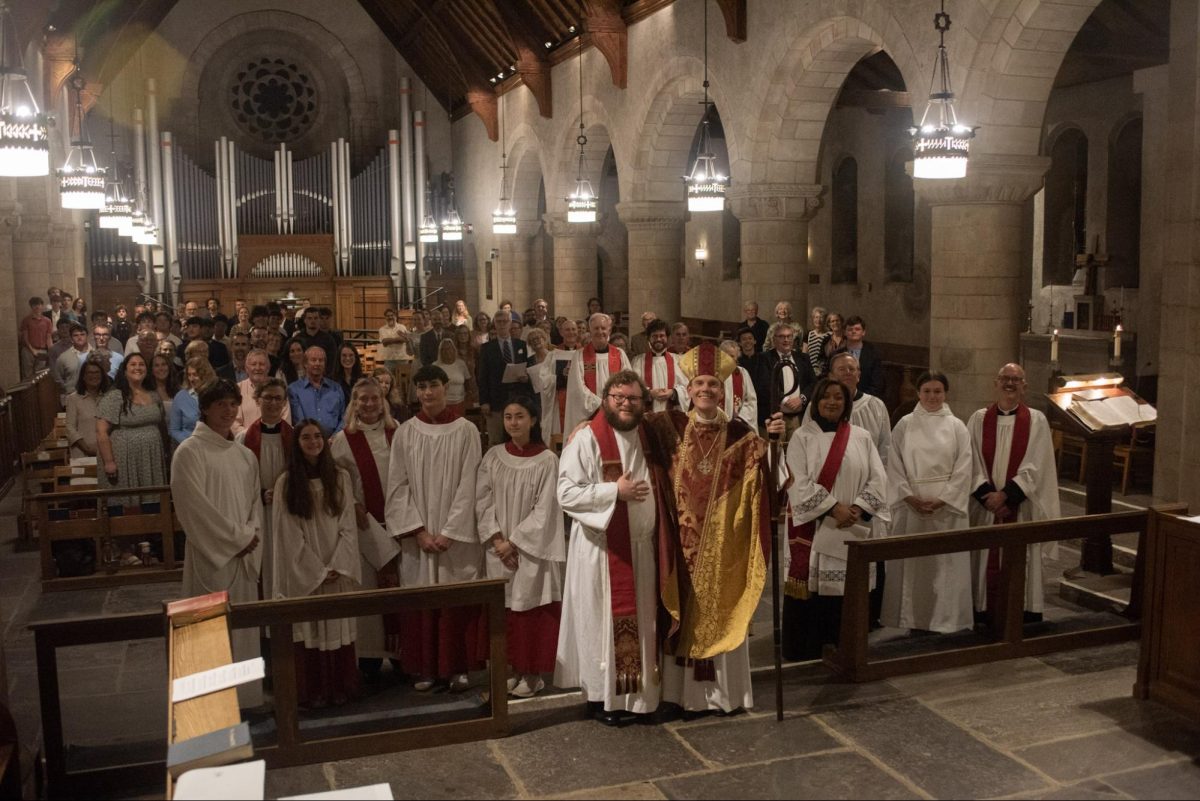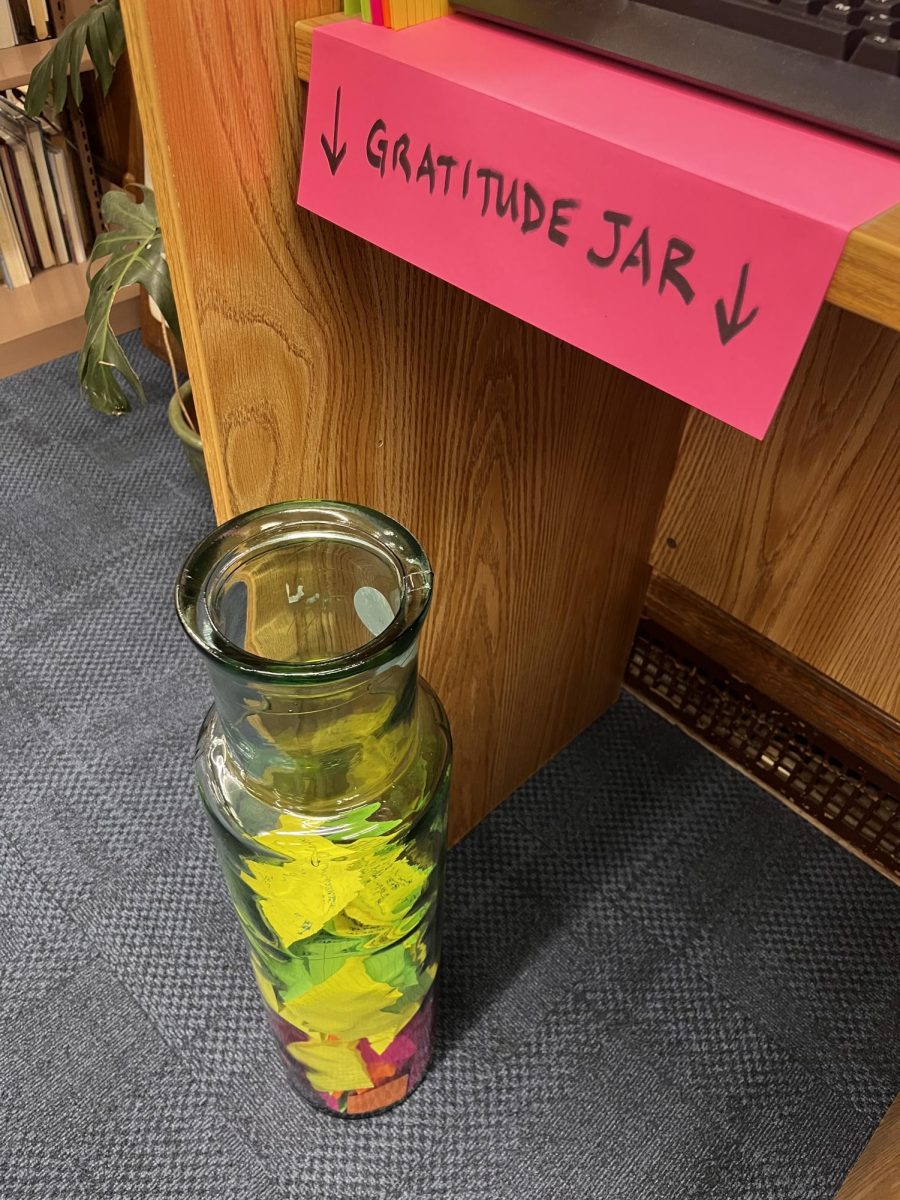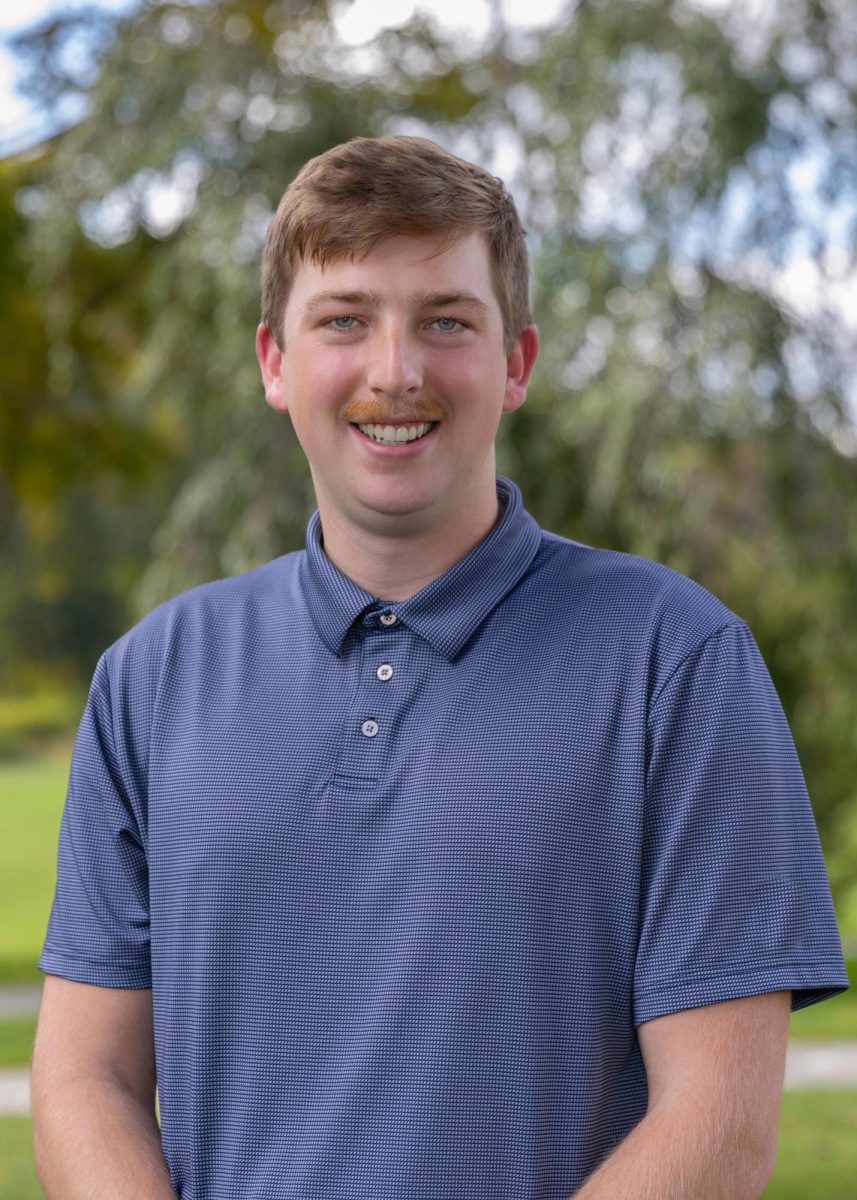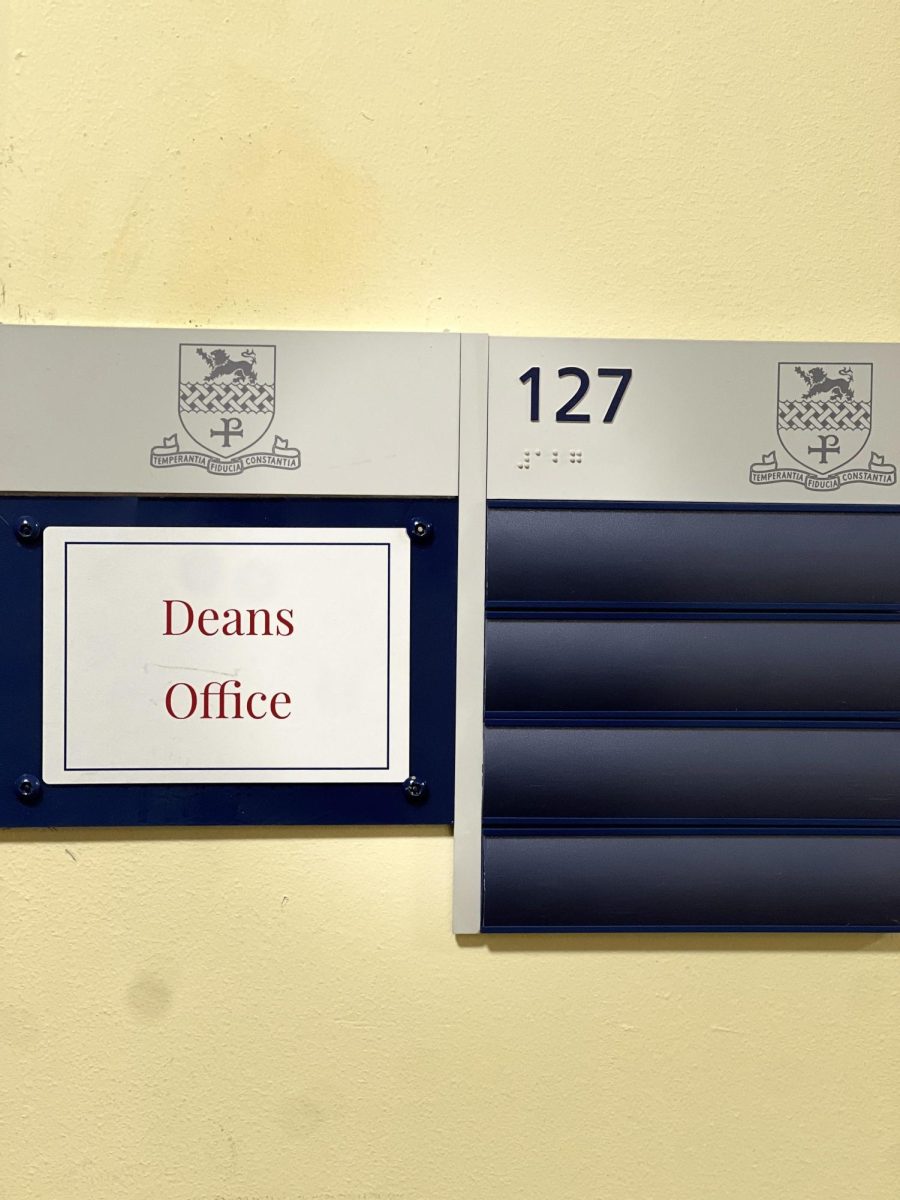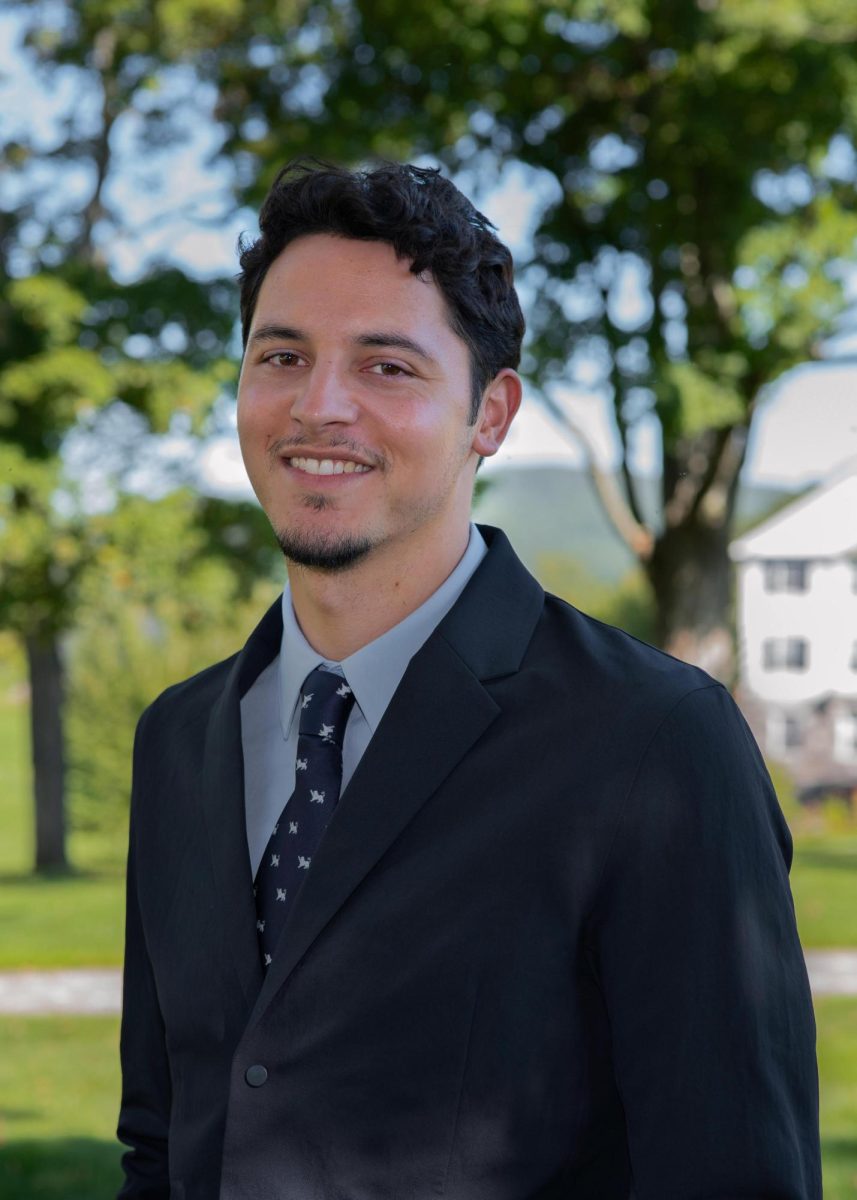This year, Kent School unveiled a redesigned religion curriculum, expanding beyond its previous offerings of World Religions and Dreams. The new courses, which blend psychology, art, and inter-religious dialogue, aim to provide students with a more personal and reflective understanding of spirituality. Dr. Greene, who led the redesign, hopes the changes will encourage students to explore their values and navigate contemporary challenges. “We want to create classes where students discover things about themselves, rather than just learning a set of ideas,” he explained.
As an Episcopal school, Kent requires all students to complete at least one term of religion to graduate. Until this year, the choices were limited to World Religions and Dreams. The new curriculum design introduces a series of courses, including classes like Psychology & Art, Non-violent Conflict & Change, and Self-Perception and Social Media. These courses aim to connect students’ academic learning with their personal experiences, bridging the gap between the classroom and everyday life.
Dr. Greene’s approach blends traditional religious study with psychology and self-reflection. “My emphasis is on creating a background where students discover things about themselves,” he said. In Psychology & Art, for example, students reflect on their emotional responses to different forms of art. “The idea is to get students thinking about what they feel and experience when they look at art,” Dr. Greene noted. “Hopefully, it makes them interested in exploring more—whether through another psychology course or an art class.”
Another new offering, Nonviolent Conflict & Change, explores the psychology behind violence and nonviolent movements. “We’ll start by analyzing instances of violence and breaking them down psychologically,” Dr. Greene explained. The course examines historical figures like Martin Luther King Jr. and Gandhi while addressing modern issues such as gun violence and social movements.
Student input played a significant role in shaping the new curriculum. “In the past, students have told me what they need to talk about, like anxiety or vaping,” Dr. Greene said. “Their feedback helps make these courses more relevant and practical, addressing real issues they face.” The response from students has been overwhelmingly positive, as the new classes provide a space for students to explore their spirituality in a broader sense, not limited to specific doctrines or beliefs.
“I’m not here to tell students what they should believe, but to help them understand what they already know,” Dr. Greene emphasized. “Spirituality is anything you pour your spirit into, whether it’s a painting, a piece of writing, or a religious practice.” This philosophy has fostered a more open and inclusive classroom environment, encouraging students to share their perspectives and learn from each other.
Looking ahead, Dr. Greene is eager to see how the new classes resonate with students before considering further changes. “I want to see how these new classes resonate with students this year before making any further changes,” he said. Upcoming courses include Self-Perception and Social Media, which will explore how technology affects identity and community, and Nonviolent Conflict & Change, focusing on applying psychological insights to historical and contemporary conflicts.
Inter-religious dialogue is another area that excites Dr. Greene. “I’ve studied Christian-Buddhist dialogue and Jewish-Christian dialogue, but I see a real need for conversations around Islam as well,” he noted. “These classes are a chance for students to learn about each other’s beliefs and values, creating a sense of community through shared understanding.”
Dr. Greene believes that the new courses will not only fulfill Kent School’s academic requirements but also inspire students to think critically about their place in the world. “It’s about helping them reflect on where they’re at and what they care about,” he concluded.


